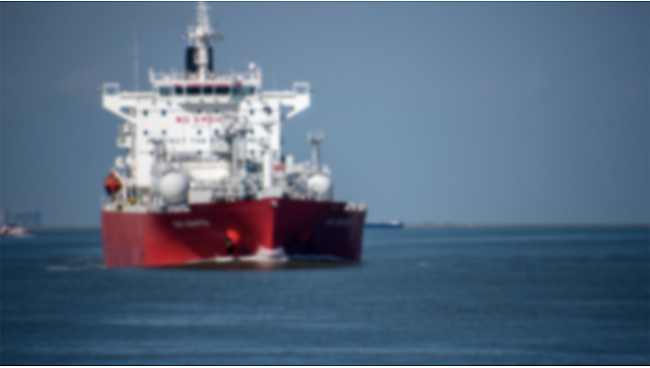Background:
The EU has agreed on new regulations to allow the EU states to better manage and coordinate their LNG purchases going forwards (2022/0339 Enhancing solidarity through better coordination of gas purchases, exchanges of gas across borders and reliable price benchmarks). As part of this regulation, ACER is required to produce a new LNG Benchmark for the EU.
To produce the benchmark, the regulation requires LNG Market Participants to report Bids/Offers and Transactional data relating to LNG trading for delivery in the Union, which results in delivery in the Union and which results in regasification within the Union. This regulation has no jurisdictional limitations and applies to any Company which undertakes the activity, irrespective of where they are organised.
Timelines:
ACER must start publishing the LNG Benchmark no later than 2 weeks after the regulation is published in the official journal. The publication was done on the 29th of December 2022, ACER has to start publishing the LNG Price Assessment by no later than the 13th of January 2023
Market Participants have to be registered in ACER’s IT infrastructure “TERMINAL” beforehand and need to prepare their reporting.
Excluded Transactions in accordance with the Guidance:
- - Long-term portfolio framework contracts
- - In-tank transactions, bids and offers at re-gasification terminals
- - Small-scale LNG transactions where the physical delivery involves specialised vessels with a capacity of less than 75,000 cubic meters of LNG LNG truck loading and unloading
- - Cargo swaps, such as for the optimisation of regasification capacities
- - Intragroup transactions
- - Transactions at virtual storages
4 challenges we see:
- Identifying which transactions are in-scope- The guidance states that Cargoes which are Specify Delivery in the union or Result in delivery in the Union must be reported at the time of transaction. Companies will have to define a methodology to decide when a transaction might fall into the latter category. We would suggest that this depends on the initial agreed-upon delivery options. But diversion optionality should also be considered.
- Reporting of Bids and Offers– LNG Market Participants are required to report Bids and Offers, which are defined as “LNG registered at a trading platform, or communicated to entities impacting the price formations, or communicated bilaterally to the counterparty without registration;” This brings many challenges in its own right. Reporting is the responsibility of the LNG Market Participants, so exchanges and markets have no obligation to provide reporting. Companies will have to persuade their markets to provide additional reporting if they can.
- Real-Time Reporting– ACER’s guidance note requires Market Participants to report all data no later than 18:00 CET on the day. This will be challenging as companies won’t be able to rely on the traditional end-of-day confirmation/verification processes for data quality. Timely trade entry will have to be more rigorously enforced.
- Reporting a Transaction or a Bid / Offer? – This is a critical question companies need to ask themselves before reporting. ACER’s reporting guidance states that Transactions need to be reported. Transactions are defined as ‘LNG transactions’means an agreement between a buyer and a seller to exchange LNG for payment’. But note 8 (page 9) states, in the context of real-time reporting, that “... in the meaning that market participants are expected to report each transaction immediately after it is agreed and confirmed”. Companies will need to consider how to incorporate this into their own processes.
What do you need to do next:
Companies must act quickly in reviewing their arrangements and registering for the new reporting regime. Here are what we think are the next steps on your to-do lists:
- Identify all group companies which could fall in scope.
- Are the above companies already registered with CEREMP? They should be, but If not, they will have to register with CEREMP. Note that this can take a little time.
- Register the relevant entities for access to TERMINAL.
- Decide on when transactions would be reported, which fulfil the Result in delivery in the Unionand document that decision.
- Identify an internal process to obtain Bids and Offers for all relevant markets and OTC transactions. Speak to markets and brokers to see if they will provide the data.
- Create your reporting Schemas and try to automate as much as possible from the ETRMs.
- Train relevant staff regarding the requirements, including ensuring timely entry of any transactional / Bid / Offer information.
Don’t hesitate to contact us at info@sybiusconsulting.com if you need any assistance or want to discuss any questions or require any help implementing the reporting.
We hope you had a Merry Christmas and wish you a Happy New Year

